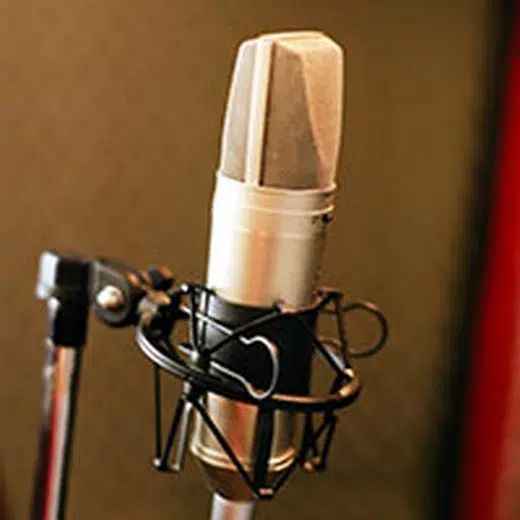By Sarah N. Lynch
WASHINGTON (Reuters) – Donald Trump’s lawyers on Friday will urge a judge to give the former U.S. president more leeway to publicly share portions of the evidence that will be used in his trial on charges of plotting to overturn the 2020 election.
The lawyers’ request goes against the objections of prosecutors, who are concerned that Trump could use details of the confidential evidence to intimidate witnesses.
U.S. Special Counsel Jack Smith’s office last week asked a judge to impose rules known as a “protective order,” to guard evidence before sharing the materials with Trump’s lawyers
It is standard practice for federal prosecutors to request protective orders before sharing evidence with defense lawyers to protect confidential records and ensure the integrity of the trial.
Often, defense lawyers do not oppose them because doing so slows down the government’s production of evidence, a process known as “discovery,” to help them prepare.
But Trump’s attorneys have argued that the scope of the protective order is too broad, and would run afoul of his free speech rights under the First Amendment of the U.S. Constitution.
“The need to protect that information does not require a blanket gag order over all documents produced by the government,” Trump’s attorneys wrote in court papers.
The charges in a Washington, D.C., federal court are one of three prosecutions currently targeting Trump, the clear front-runner in the 2024 Republican presidential nomination race.
In Friday’s case, he has pleaded not guilty to criminal charges that he orchestrated a plot to overturn the results of the 2020 presidential election to keep himself in power.
‘I’M COMING AFTER YOU’
In the government’s request, it said a protective order was needed and cited a threatening message Trump posted last week on social media: “IF YOU GO AFTER ME, I’M COMING AFTER YOU.”
“If the defendant were to begin issuing public posts using details — or, for example, grand jury transcripts — obtained in discovery here, it could have a harmful chilling effect on witnesses or adversely affect the fair administration of justice in this case,” prosecutors wrote in their motion.
Since then, Trump has also attacked Smith’s character as well as that of former Vice President Mike Pence, a key witness in the case, calling his former No.2 “delusional.”
“I never told a newly emboldened … Pence to put me above the Constitution, or that Mike was ‘too honest.,'” Trump wrote on social media, in a direct reference to the indictment which cites Pence’s recollections of conversations with Trump.
As a condition of his release, Trump agreed he would not try to intimidate or threaten any witnesses in the case.
At his arraignment, Trump’s defense attorney John Lauro complained about U.S. District Judge Tanya Chutkan’s intention to set a trial date at a hearing on Aug. 28, saying his team needed more time to understand the scope of the evidence.
At the same time, however, Lauro and his co-counsel Todd Blanche have also held up the discovery process itself by disagreeing with the terms of the government’s protective order.
Trump is separately facing a second set of charges brought by Smith’s office in Florida for retaining highly classified records after leaving the White House and New York state charges over hush-money payments to a porn star.
He has pleaded not guilty in all three cases.
(Reporting by Sarah N. Lynch; Editing by Scott Malone and Alistair Bell)






